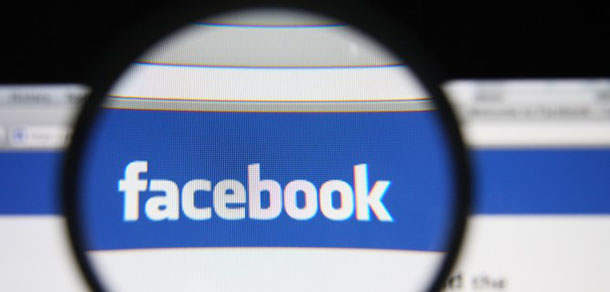Facebook facial recognition feature gains pushback from federal judge
25 January, 2018
category: Biometrics, Corporate
As authentication technologies gain ground, Facebook facial recognition and other companies’ use of biometric technologies are being scrutinized at a rising rate. Though companies are rushing to deploy biometrics to better tailor online ads to consumers and for other digital tasks, two recent developments—one major, one relatively minor—suggest that the road ahead will not be smooth.
Facebook has argued the plaintiffs in the case have yet to demonstrate that any harm came from the collection of the biometric data but a U.S. District Judge disagrees
The most notable, and perhaps far-reaching development, is recent comments from a federal judge regarding Facebook’s attempt to avoid fines and legal redress over a feature that could prove vital to its business model: Scanning photographs of users to serve up super-personalized ads. Facebook employs facial recognition software and algorithms that scan users’ biometric facial data to present ads that have a high chance of tying into a users’ personal attributes, including mood. Facebook seeks to spot the tiny details that indicate a willingness to buy a specific product.
Most states allow such collection and use of biometric data or have laws with sufficient loopholes in which Facebook and other tech companies can operate. But Illinois has a law called the Biometric Information Privacy Act, or BIPA, that prohibits such activity, and covers facial recognition, fingerprints and iris scans. Illinois citizens who believe their privacy has been violated can sue under the law—and in 2015, consumers sued Facebook for alleged violation of BIPA. Fines can reach up to $5,000 for each violation.
Facebook has twice asked to be dropped from the suit as it makes it way through the legal system. Recently, though, U.S. District Judge James Donato, of the Northern District of California, took a skeptical attitude toward that request during a hearing in San Francisco. “The right to say no is a valuable commodity,” he said, according to reports, adding that the case involves the “most personal aspects of your life: your face, your fingers, who you are to the world.” He went onto to say that Facebook “usurped” the right granted under Illinois law to consumer to say “no” to collection of biometric data without permission.
Facebook facial recognition and revenue
Facebook has argued the plaintiffs in the case have yet to demonstrate that any harm came from the collection of the biometric data. Facebook has invested heavily in biometric data collection and has patented relevant technologies, according to the Center for Public Integrity and other reports. Such technology could help sustain or boost the social media giant’s revenue. Its advertising revenue increased 49 percent year over year in the third quarter of 2017—the latest financial data available—to hit more than $10.1 billion. Advertising makes up the bulk of Facebook’s earnings. Q4 earnings are due Jan. 31.
Facebook facial recognition is not the only major deployment facing privacy challenges focused on features that depend on biometric data. The recent, and popular, Google app that matches users’ photos with similar works of art is not available to consumers in Illinois and Texas because of biometric privacy laws. Though this represents only a minor case compared to Facebook’s problems, it does show some of the challenges large companies face when trying to spread the use and scope of biometric authentication technology.




